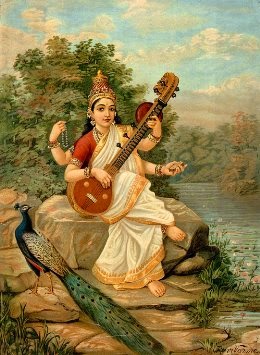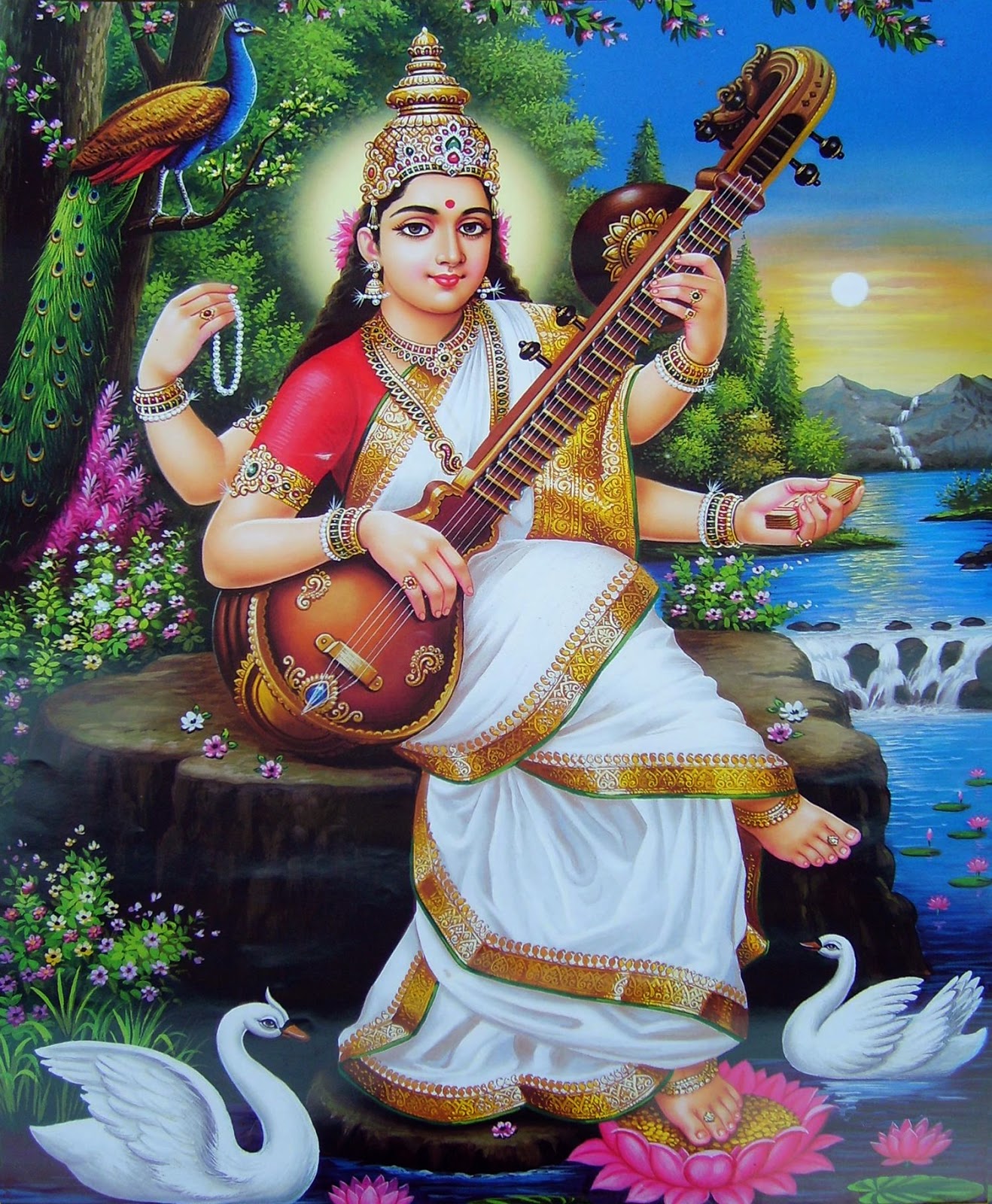What is Knowledge : Ch-1. Part-9.

Ch-1. The Knowledge Situation. Part-9. These difficulties are natural to humanity as a whole. It is not my problem or your problem or anybody’s problem; it is perhaps inseparable from the species of humanity. Particularly in our studies, we have to confine ourselves to the factors which go with human nature. We are human beings, and there is no great point in our going into the details of what we would be if we were not human beings. We have to take reality as it is itself. As human beings, we have certain limitations and we have certain privileges. We have a privilege and a facility – an advantage especially endowed upon us as human beings – when compared with the other species like the animals, the plants, or inanimate matter. But we have certain weaknesses also, and we know very well what the human weaknesses are. We cannot face the forces of nature. We cannot face even an animal; it has strength greater than ours. But we have certain other faci...


.jpg)

.jpg)






